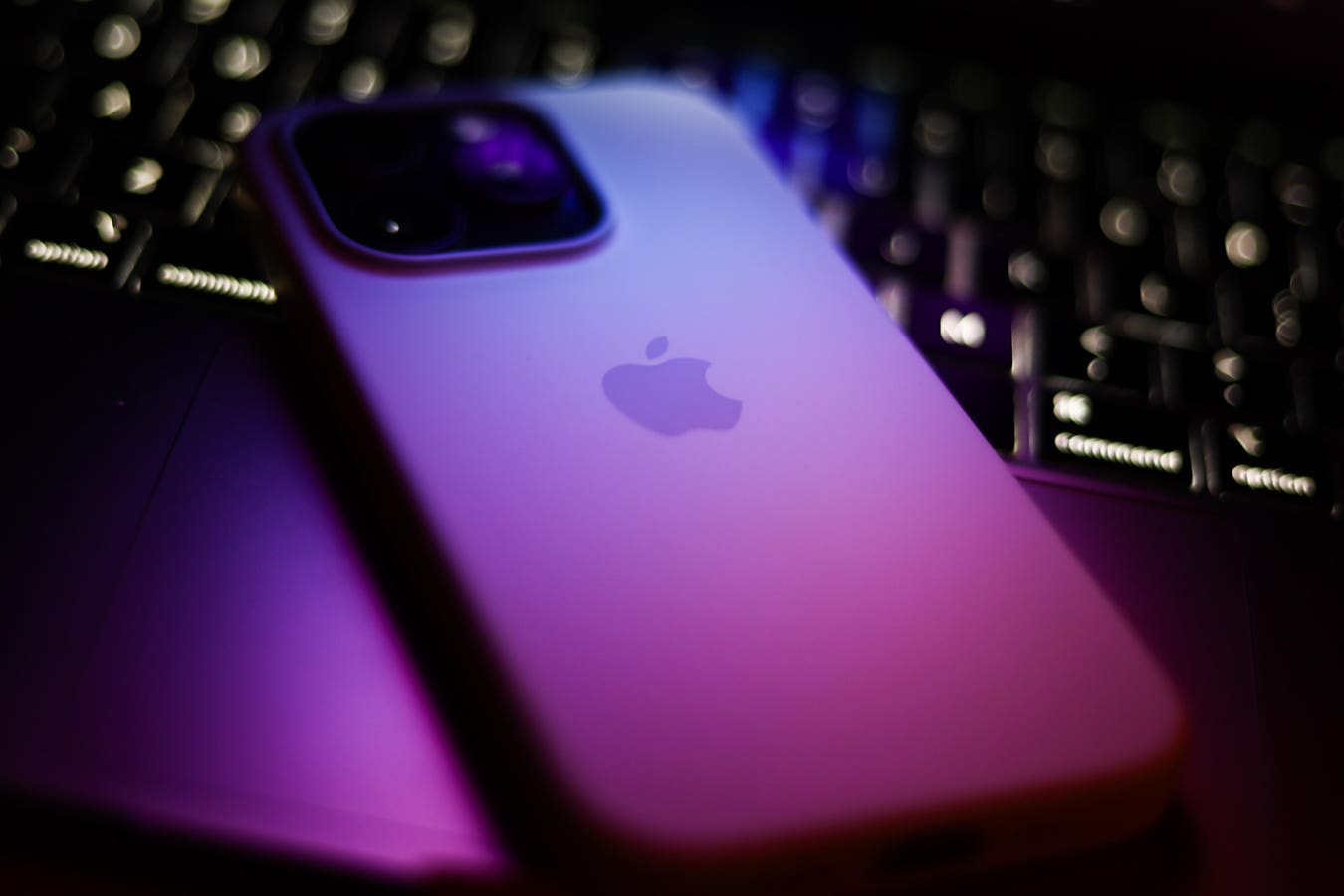Vibrant vector illustration. Different speech bubbles with hand drawn doodles and textures. Social … More
Ever notice how ChatGPT seems to “get” you better some days than others? It’s not your imagination, but your language pattern. The way you phrase your questions — your choice of words, your dialect, even your cultural references — is quietly steering the AI’s responses in ways you probably never realized.
Think about it: Ask ChatGPT for career advice in formal English, then try the same question using slang or a regional dialect. The recommendations you get back might be surprisingly different. This isn’t a bug — it’s a feature of how language models work, and it’s reshaping how we interact with AI every single day.
When Your Dialect Becomes Your Disadvantage
Here’s something that should make us uncomfortable: ChatGPT treats different varieties of English very differently. Researchers at UC Berkeley discovered that if you speak African American Vernacular English, Scottish English, or other non-“standard” varieties, ChatGPT is more likely to respond with stereotypes, condescending explanations, and misunderstandings.
The numbers are intriguing: 19% more stereotyping, 25% more demeaning content and 15% more condescending responses compared to “standard” English. Imagine asking for job interview tips and getting subtly different advice just because of how you naturally speak. This isn’t just about grammar — it’s about equity in AI access.
The Politics Hidden In Our Prompts
ChatGPT is not neutral. Different AI systems lean in different political directions — ChatGPT tends liberal, Perplexity skews conservative, while Google’s Gemini tries to play it down the middle.
This means when you ask for advice on controversial topics — from climate change to economic policy — the language you use might trigger different political framings. Ask about “green energy solutions” versus “energy independence,” and you might get recommendations that reflect these underlying biases.
The Gender Trap In AI Advice
Women seeking career guidance face a particularly tricky landscape. ChatGPT shows both subtle and obvious gender biases, sometimes suggesting that women prioritize marriage over career advancement or steering them toward traditionally “female” professions.
These biases often appear in the framing of recommendations rather than explicit statements. A woman asking about work-life balance might get suggestions emphasizing family considerations, while a man asking the same question gets advice focused on career optimization.
How Students Are Gaming The System
Students have become inadvertent experts at understanding how language shapes AI responses. They’ve discovered that ChatGPT provides more personalized, flexible feedback when they frame their learning requests in specific ways.
Some students report feeling like ChatGPT is a study companion, while others find it cold and impersonal. The difference? Often just how they phrase their questions. “Help me understand calculus” gets a different response than “I’m struggling with calculus and feeling overwhelmed.”
Global Language Lottery
If English isn’t your first language, you’re playing a different game entirely. Research across different cultural contexts shows that cultural and linguistic backgrounds dramatically influence not just how users interact with AI, but what recommendations they receive.
A business owner in Singapore asking for marketing advice might get suggestions that reflect Western business practices, while someone asking the same question with American cultural references gets more locally relevant recommendations.
Why This Matters
We might not realize it but every interaction with AI is a linguistic negotiation. You think you’re asking neutral questions and getting objective answers. In reality, you’re participating in a complex dance where your word choices, cultural references and even your grammar are shaping the advice you receive.
This isn’t just an academic concern — it’s affecting real decisions. Job seekers, students, entrepreneurs and anyone turning to AI for guidance are getting recommendations filtered through linguistic biases they never knew existed.
The Path Forward: Your Language Toolkit
Understanding how language influences AI recommendations isn’t about feeling helpless — it’s about becoming a more strategic user. Here is a practical toolkit:
Acknowledge that your language choices matter. The way you ask questions isn’t neutral — it’s an active part of getting better recommendations.
Adapt your communication style strategically. Try asking the same question in different ways: formal versus casual, with different cultural references, or from different perspectives.
Assess the responses you get with fresh eyes. Ask yourself: would someone from a different background get the same advice?
Amplify diverse perspectives by consciously varying your language patterns. This helps you access a broader range of recommendations.
Advocate for more transparent AI systems. As more people understand linguistic bias, we can push for AI that serves everyone more fairly.
The future of AI interaction isn’t just about better technology — it’s about better understanding how our words shape the digital minds we’re increasingly relying on. By becoming more intentional about how we communicate with AI, we can get better recommendations while working toward more equitable systems for everyone.
Your words have power. Language is an asset or a liability in an AI-infused society. Lets speak and type to harness it deliberately in view of the outcomes we want.









